Here is Michelle’s perspective on pace, especially when it pertains to the Walt Disney World half-marathon.
When I first started running, worrying about pace was the furthest thing from my mind. My only prior running experience had been the one mile warm-up run that our coach tortured us with before practice when I was on the high school tennis team. Then, pace was not a consideration. Getting the running out of the way as quickly as possible so I could get on to the court was all I cared about.
Fast forward twenty-plus (ahem!) years and pace still wasn’t my first concern. I was signed up for a half-marathon”¦that meant that I needed to manage 13.1 miles without dying! Now that required one mile run of my youth seemed like a cakewalk. I was able to move from running one to two to three miles pretty quickly”¦.then to four”¦and then gradually to five”¦ but this “pace” thing that people mentioned never clicked with me”¦.until the first time I hit six miles.
One day I was running along and all of the sudden I got into this amazing groove”¦.my head got very clear, I felt much focused, and I noticed that I was running at a constant gait. “Ah, yes,” I mused, “I’ve found my pace.”
I’m very much still a novice runner, but for me “pace” can be defined as a constant and continuous speed at which a runner or walker moves. Your average pace is calculated by simply dividing the time you ran by the distance you covered.
When a person is running on a treadmill, one’s pace is controlled by the machine”¦.and you can adjust it depending on your fitness and comfort level. When you’re running outside, as is the case of the Disney Marathon Weekend races, your pace is something that you have to find on your own. I have found that many things can affect my pace. If I hit the pavement and am not well-rested, it takes me longer to find my pace. Terrain is another thing: If I’m running a route that has variable elevations (which is often the case where I train), my pace can be also be varied, but I can find it and stick with it much more quickly if I’m running my indoor track at the YMCA. The amount I’ve eaten also affects my pace: for me I’ve found that I do best on an empty stomach. Each runner has to find the things that work for him or her (which is one reason why we need to spend so long training, so we can take the time to find out the things we need to learn to have a safe and successful race before you go to that starting line).
For the Disney races, runners need to run, walk, or run/walk at a pace of 16 minute miles, so when training for these races, it’s important to keep track of what you’re pace is. Although I logged my mileage and time, I didn’t really start to think seriously about my pace until I hit nine miles. At that point I worked a little each week at increasing my speed.
I’m not an Olympic athlete by any stretch of the imagination, but I didn’t find the required pace to be that daunting and finished somewhere in the middle of the over 12,000 people who ran with me in 2009. I can make that statement in hindsight and realize that I sound all calm and collected, but I will tell you that I was definitely concerned about pace while I was running. Finishing, regardless of whether I had to crawl over that finish line on my hands and knees, was my only goal. Nothing was going to stop me! I remember running by people who were stopping to get their photos taken with characters and thinking, “HOW CAN THEY STOP?! Must keep running”¦.must keep up the pace.” Now, as veteran, I am looking forward to running my next race without that panic that I will be able to keep up the pace.
One thing that has surprised me as I’ve learned to run is that, for me, pace is not something that gets turned on as soon as I lace up my sneakers and head out the door. I’ve talked to several other runners who have said the same thing. Each time I run it takes me about two miles to find my pace and find that groove. When I get there it is a wonderful feeling, but it takes some patience. It’s well worth it, though.

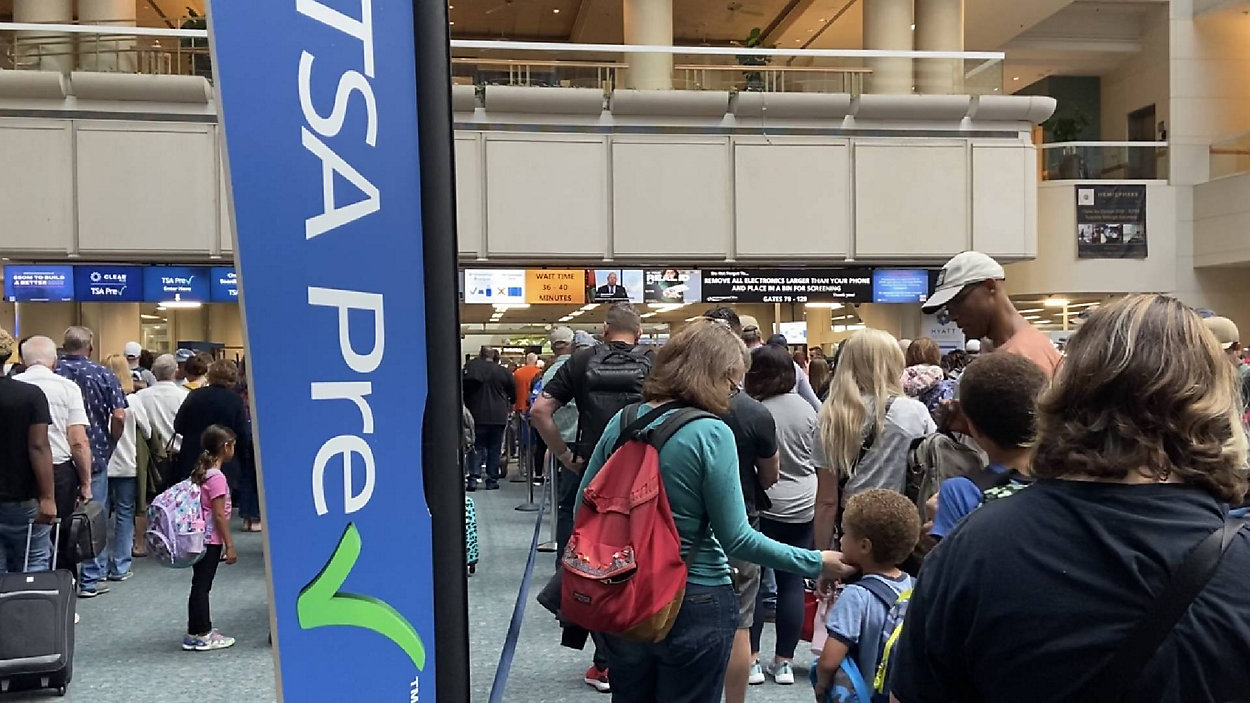



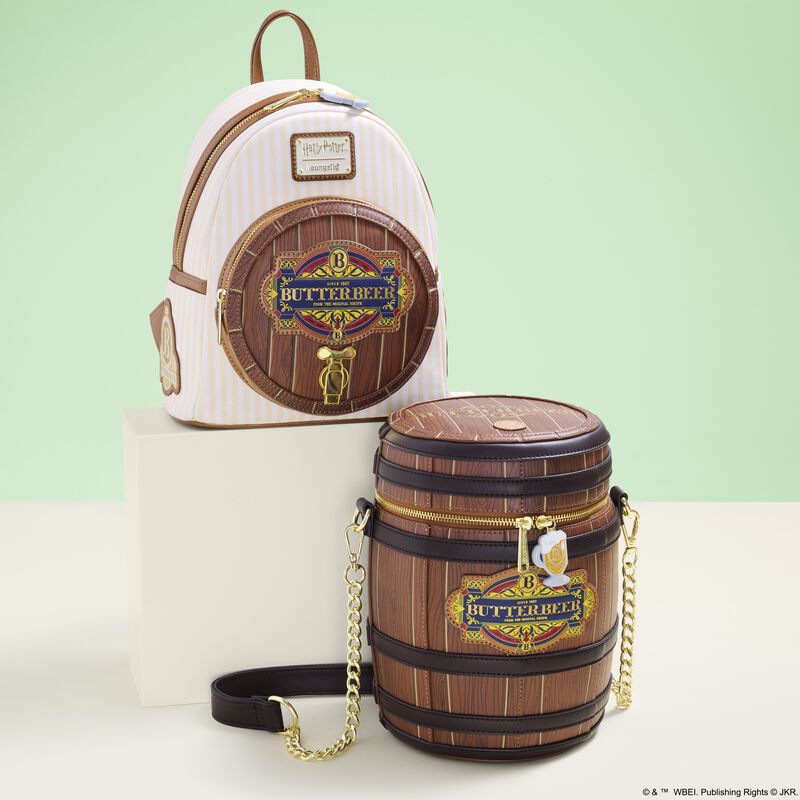


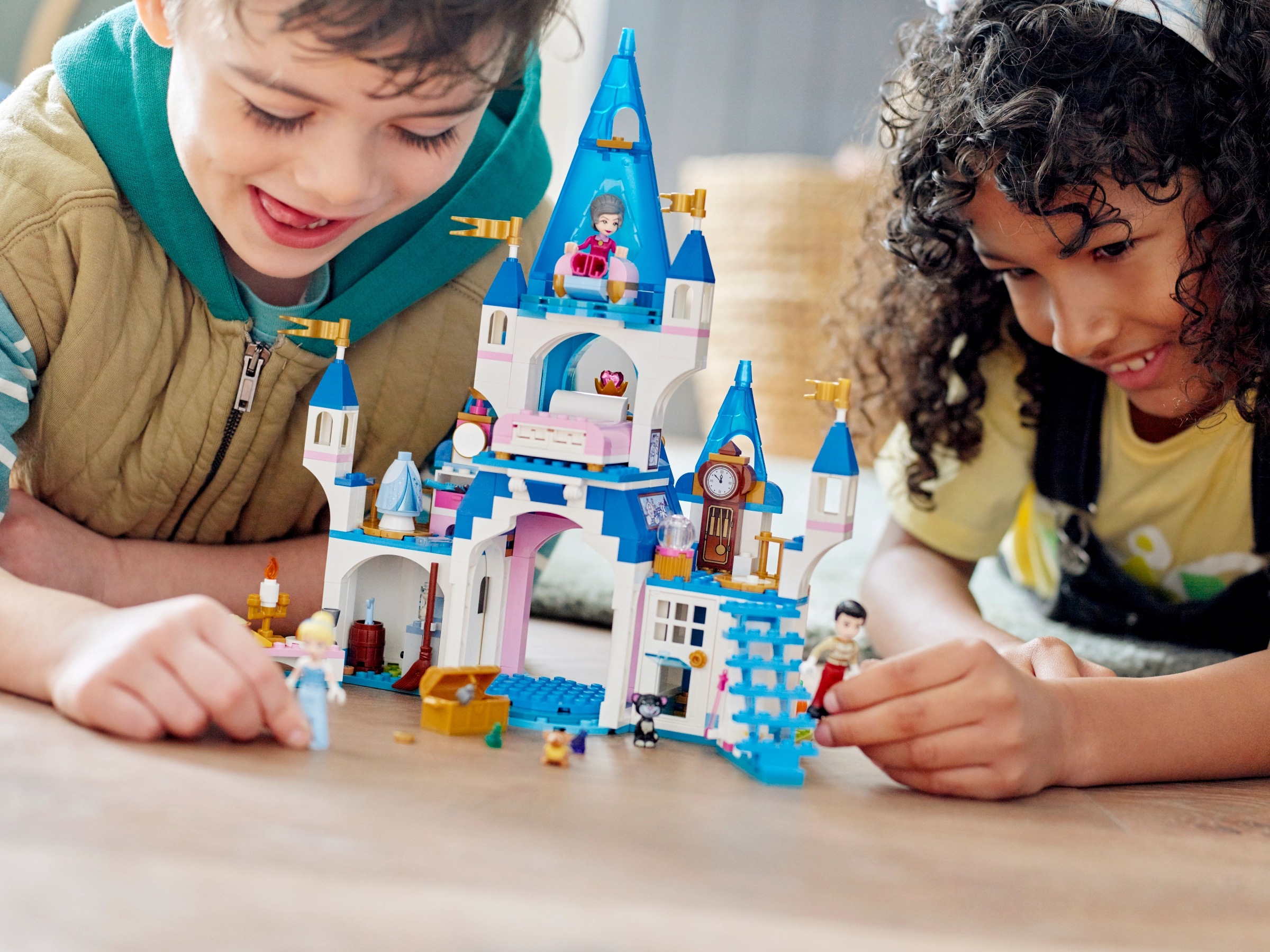




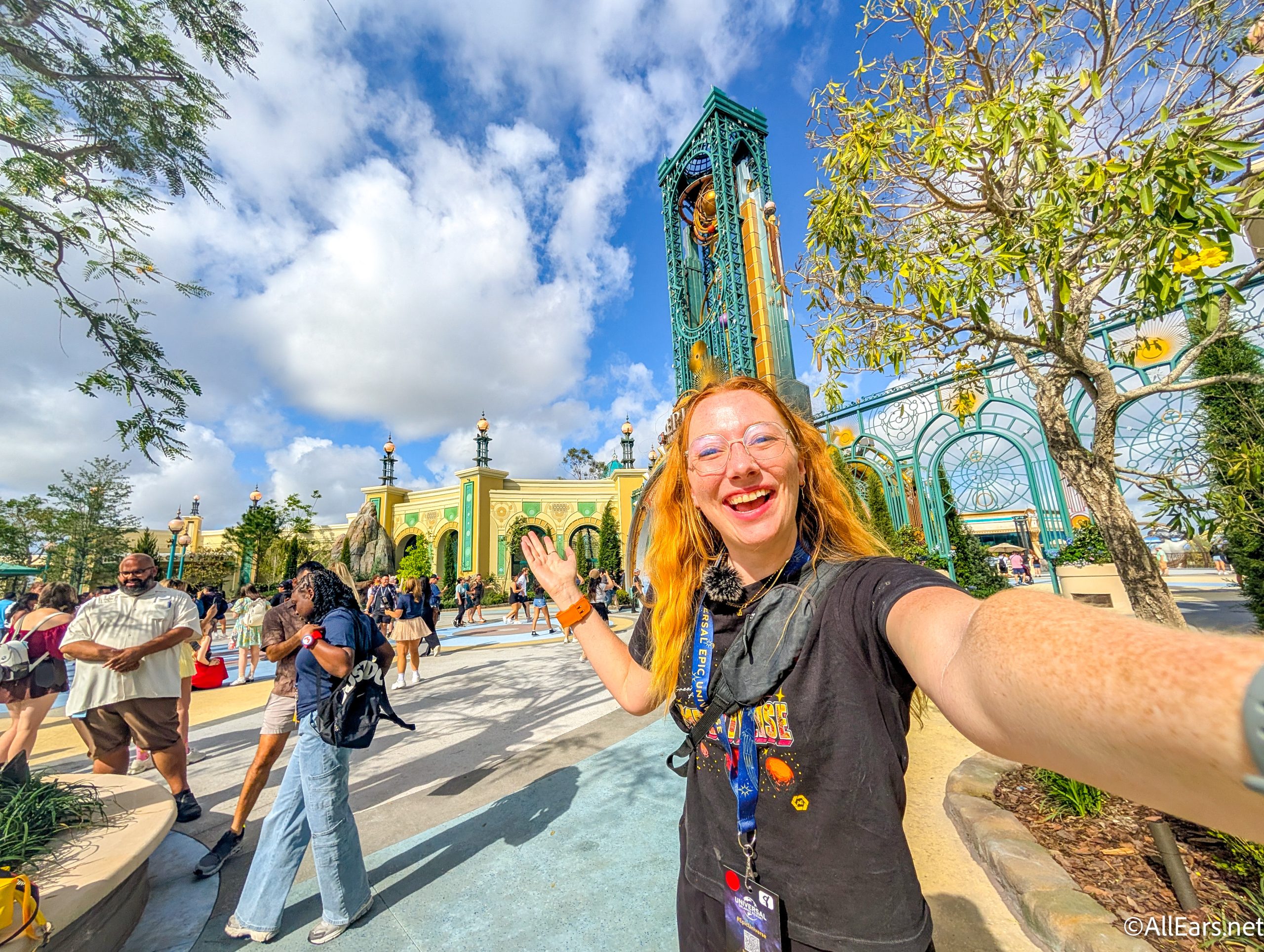



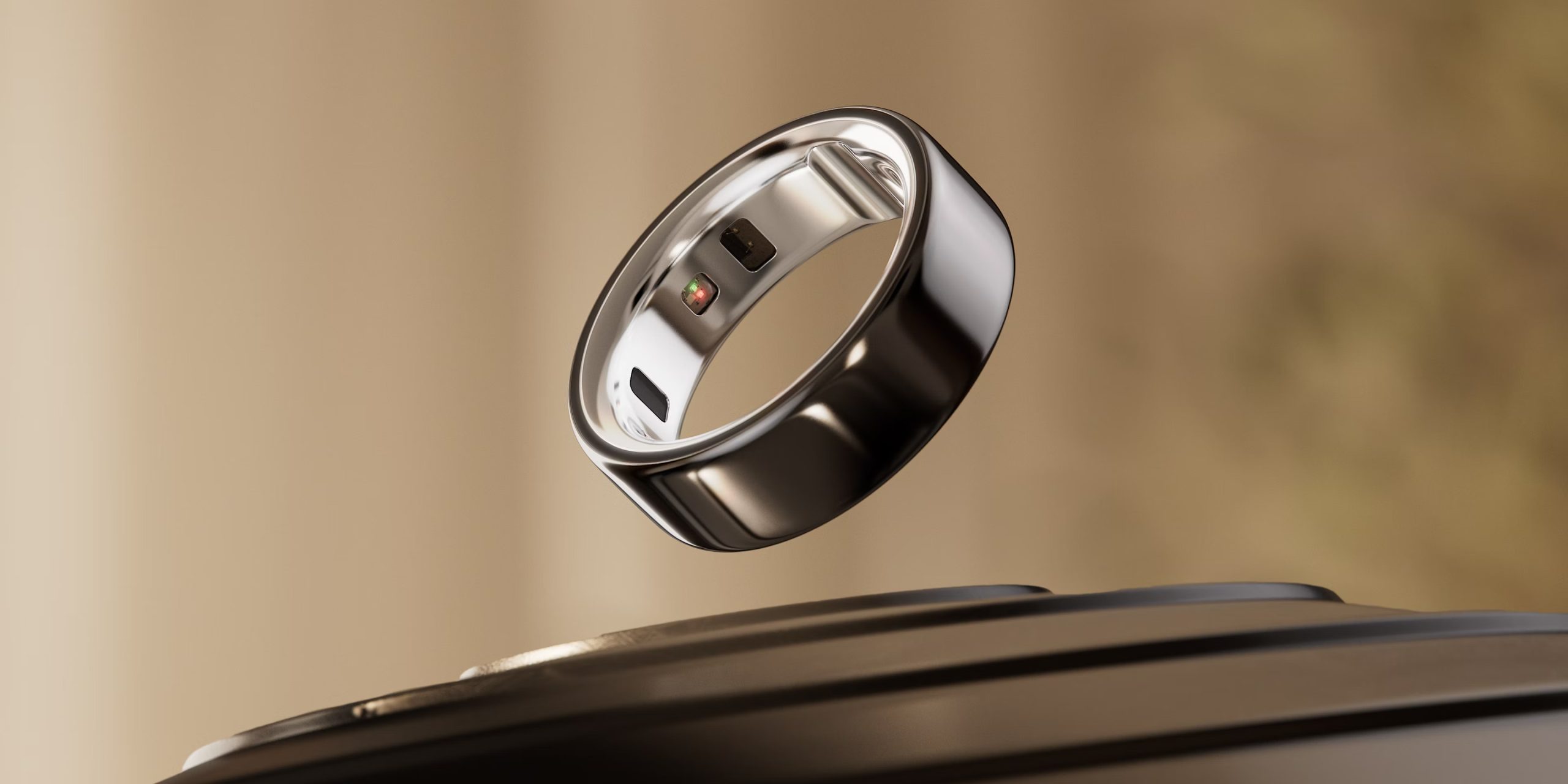
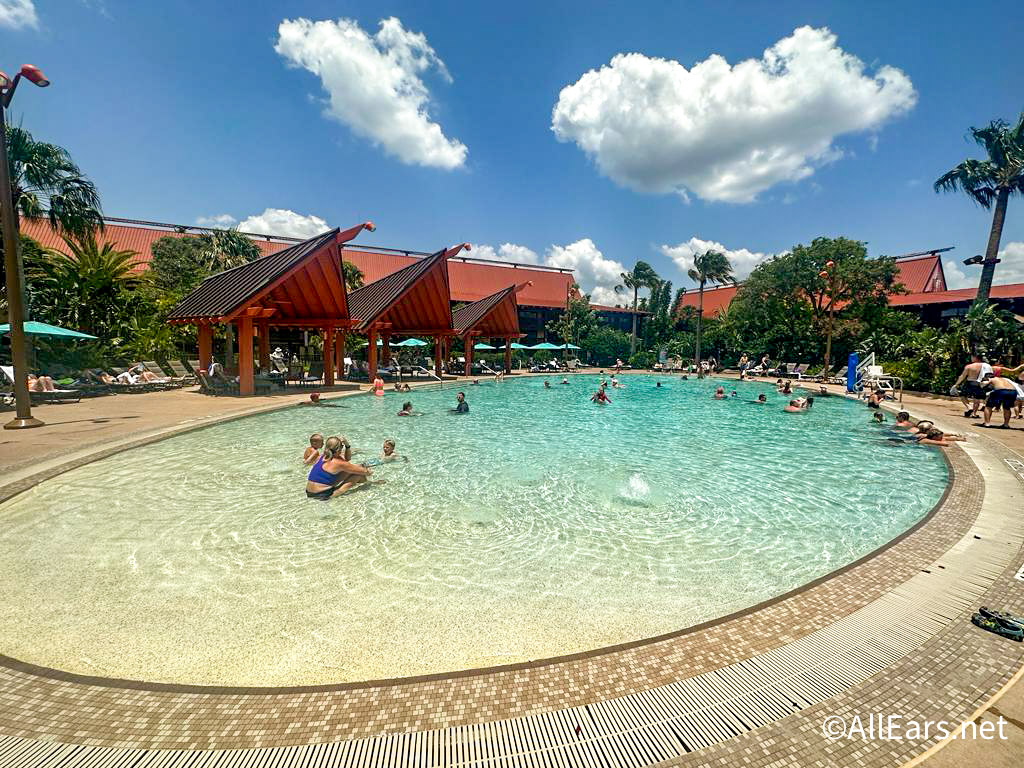

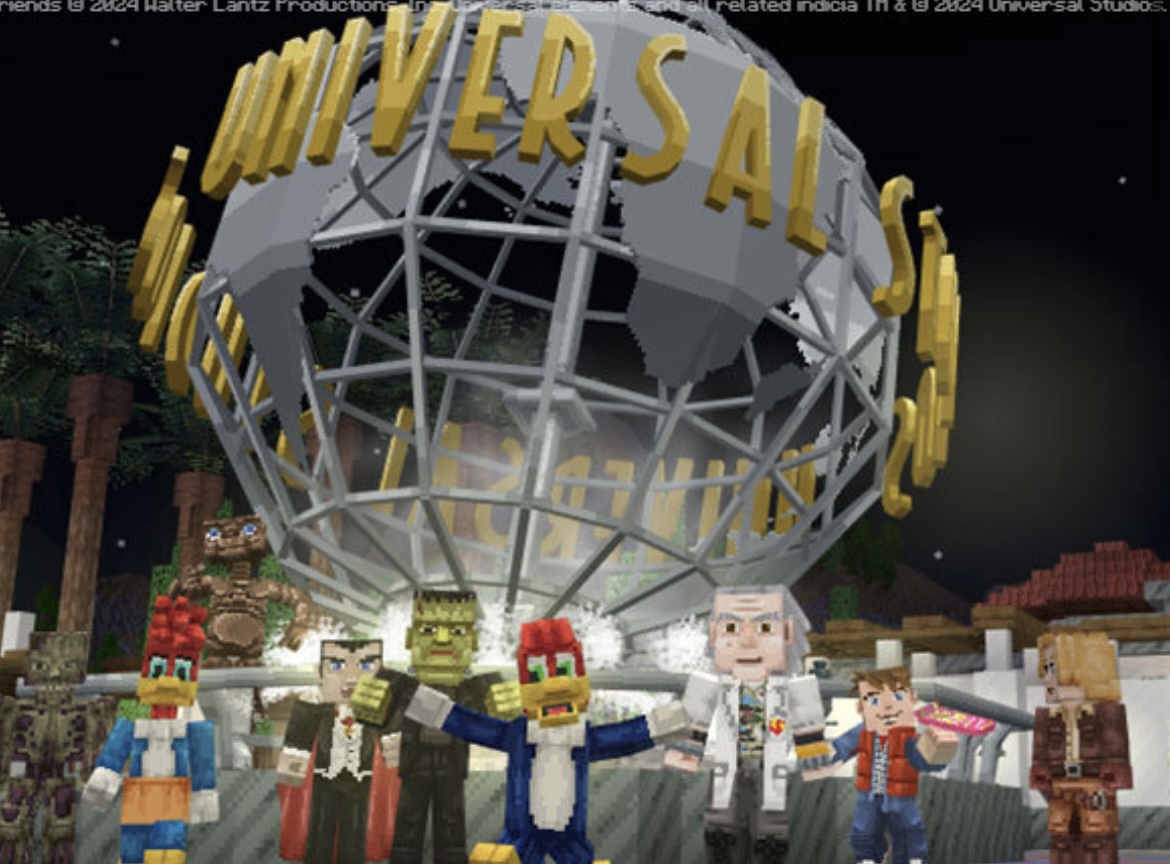

OH crud! i just typed a nice comment and as soon as i submitted it it come up blank! Please tell me it worked properly? I do not want to sumit it again if i do not have to! Either the blog bugged out or i am just stuipd :), the latter doesnt surprise me lol.
Give it another shot Lester.
Mike
I won’t be participating in the Half Marathon in 2010, but I did this year. Still, I’m having a wonderful time reading the columns! An excellent reminder that it takes time to find our groove–but if you keep at it, you WILL find it! 🙂
My wife is trying to run a marathon within the next year. Are the Disney marathons the same time each year? It seems like it would be a great event for her to attend and something we can support her with as a family.
I love that you pointed out that a lot of things can have an effect on your comfortable pace.
I used to get really discouraged when I’d run slower than I was used to and I wouldn’t take things like heat or lack of sleep or anything else into consideration. Knowing that all of those things can change how you run really helped me relax and just do what felt good.
Another easy test to see if you’re running at the proper pace for your body is the “talk test”. You should be able to talk fairly comfortably while running. If you can only gasp out a word or two at a time, the odds are that you are running too fast. This is why I really love running with a partner — it keeps me from overdoing my workouts.
One article I read actually suggested reciting the pledge of allegiance while running. That was something that most people know by heart and can say without thinking too much. If you can’t say it, you need to slow down.